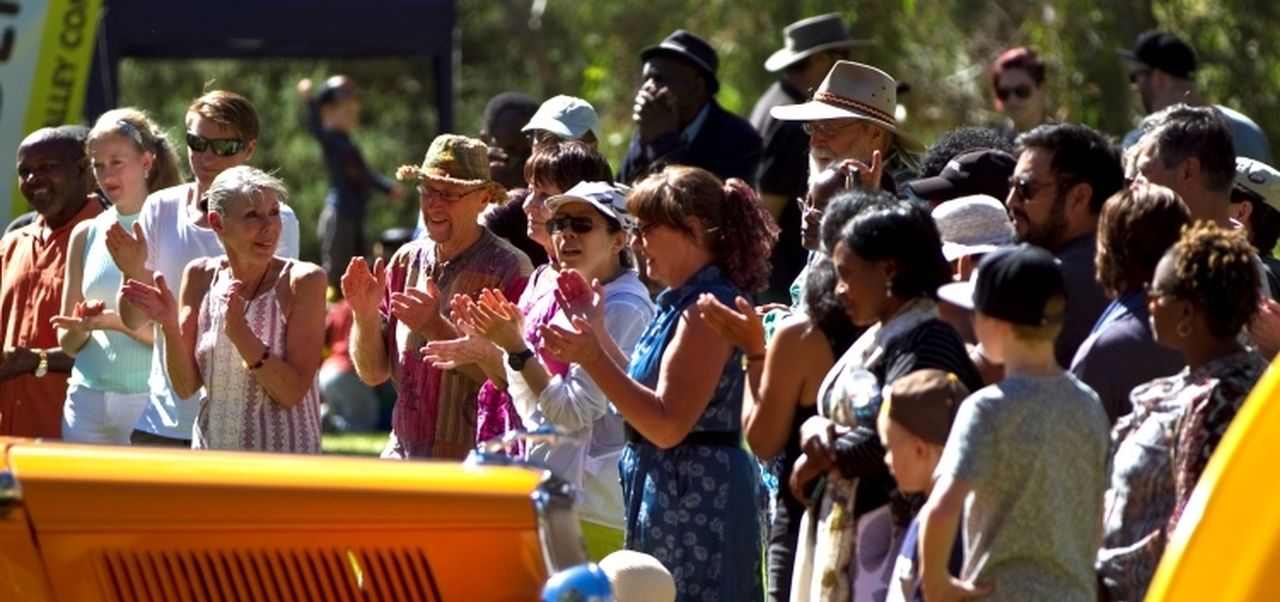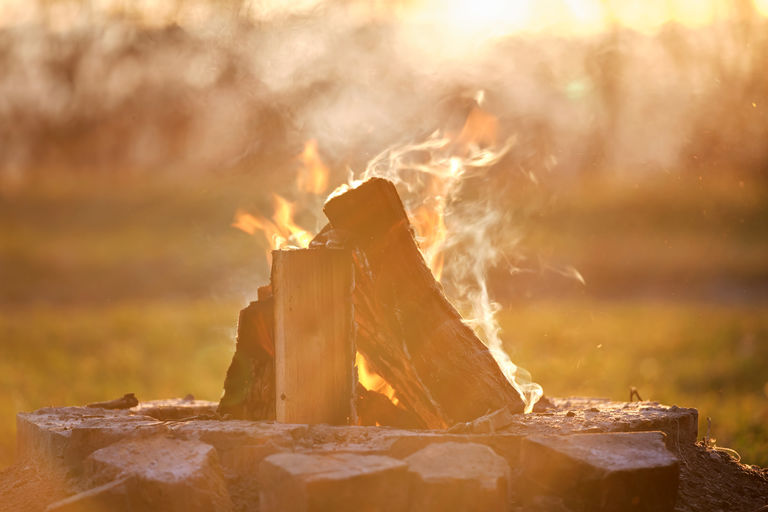LIFELINE
This page includes information about bushfires. If you find this upsetting and need support, contact LIFELINE at 13 11 14. In an emergency, always call 000 for medical help.
Household preparation and recovery from bushfires and disasters
Information to help families prepare for bushfires and other emergencies. While it focuses on bushfires, it also covers natural disasters like storms and floods, providing the knowledge to stay safe and be prepared.
On this page
- Preparation
- Prepare a written plan
- Prepare your home and property
- Prepare by knowing bushfire safe places and flood risk locations
- Prepare Insurance
- Prepare yourself mentally
- Prepare children and youth
- Prepare your pets
- Prepare your garden
- Resilience
- Resilience for you and family
- Resilient Community Connections
- Recovery
- Recover mentally after a disaster
- Recovery for children
- Recovery legal support
- Related pages
Preparation
If you live in a high-risk bushfire area like the Adelaide Hills, being prepared for an emergency is crucial. Being ready helps you make smart decisions when faced with danger. Every step you take to prepare can keep you and your loved ones safe.
Prepare a written plan
Having a written plan can save lives.
It's important to have a plan for your family because different kinds of disasters can happen, like storms, fires, floods, or heatwaves. A written plan helps everyone know what to do and makes it less stressful in an emergency. Use the resources below to create a good plan that keeps your family safe.
Prepare your home and property
Keeping your home and property ready all year is key to staying safe.
Regular upkeep and proactive steps can help reduce risks during disasters and extreme weather.
Prepare by knowing bushfire safe places and flood risk locations
Plan where to go if there's a bushfire by knowing your local bushfire safer places and learn about flood risk at your property or other places of interest.
Prepare Insurance
Many Australians are underinsured, about 80% of homeowners and renters don’t have enough coverage. This can leave them financially vulnerable after a disaster. Having the right insurance is an important part of being prepared, giving you financial security and peace of mind.
The Resilient Home Guides from NEMA provide helpful information on:
- Reviewing and understanding your insurance policy (see pages 13–18)
- Checklists to ensure you have the right coverage
- Tips on building, renovating, and maintaining a disaster-resilient home
Make sure you're covered before a disaster.
Prepare yourself mentally
Being mentally ready is just as important as preparing your home for a disaster.
Research shows that people are more likely to follow a plan if they are mentally prepared for a natural disaster. Managing emotions during an emergency can save lives, including those of children in your care.
The Australian Psychological Society has helpful information on how to mentally prepare for natural disasters.
Prepare children and youth
Including children in your planning can reduce their fears and give them a sense of control.
Kids can help with emergency plans and learn important skills for responding to and recovering from emergencies.
Prepare your pets
Including pets and livestock in your emergency plan, including transport or relocation arrangements, is important.
The RSPCA recommends these steps for pet safety during a disaster:
- Include pets in your emergency survival plan
- Prepare a pet emergency kit
- Practice your emergency plan with your pets
The CFS and RSPCA websites have useful resources for planning the care of pets and livestock as part of your bushfire preparedness.
Prepare your garden
Plan your garden to reduce bushfire and natural disaster risks.
Pick plants that don't catch fire easily, and understand how fires behave so you can design your garden carefully. Also, preparing your garden to handle storms will keep your property safe and prevent damage.
Resilience
Resilience means being able to cope with and adapt to challenges that arise from an emergency. Taking care of your health, staying connected with others, thinking positively, and finding meaning and purpose can help you and your family recover after a natural disaster.
Resilience for you and family
Free resources and tools to build personal resilience and wellbeing.
Resilient Community Connections
Getting involved with your community can help you feel more resilient and less isolated or alone.
Many local groups and events welcome everyone and offer chances to meet people, and our Adelaide Hills community centres have many activities where you can learn new skills, socialise, or volunteer.
Recovery
Recovery after a disaster can be very challenging. We've put together a list of helpful resources to assist you, your children, and your household.
The advice here is general. For more detailed information, visit the websites listed on this page.
Recover mentally after a disaster
Experiencing a bushfire can be traumatic and overwhelming.
It's normal for you or your family members to feel unsettled, depressed, anxious, sad, angry, or exhausted, and to have trouble sleeping, concentrating, or remembering details.
For most people, these feelings lessen over time, but everyone’s timeline is different. If these feelings persist for months or worsen, it's important to seek support from a medical professional, such as your local GP.
If you need immediate support, Lifeline offers a dedicated bushfire recovery phone line available 24/7. They provide advice, support, and referrals specific to the effects of bushfires. Call 13 43 57 for help.
Mental health helplines and websites:
Disaster specific recovery information:
Recovery for children
Resources designed to help your children recover.
Recovery legal support
The Disaster Legal Support Program is a free legal service run by Community Justice Services SA which delivers services to support individuals, small business and communities with their bushfire preparedness, resilience or recovery.
These useful tips have been gathered from experts online to protect you, your family, your home, and your pets. We acknowledge the time, skill and research these organisations have invested.







